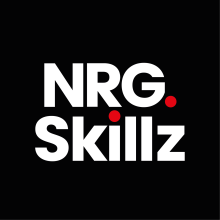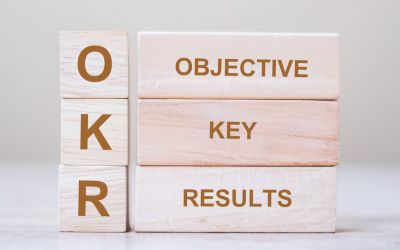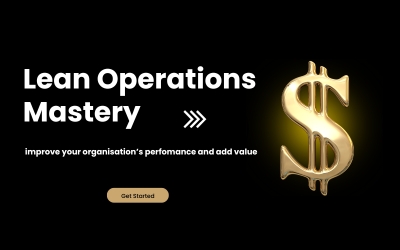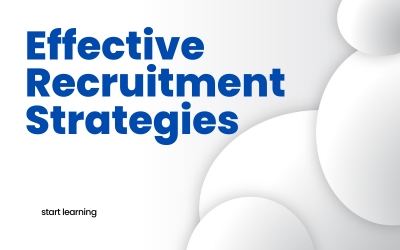The OKR Blueprint: Setting, Achieving, and Evolving Your Goals
Unlock the power of Objectives and Key Results (OKRs) with our comprehensive course. Dive deep into the world of strategic alignment, learn from real-world case studies, and stay ahead with emerging trends in OKR practices. Whether you're a startup, a global enterprise, or an individual looking to supercharge your productivity, this course offers actionable insights to drive success. Master the art of setting clear objectives, measuring results, and fostering a culture that thrives on alignment and continuous growth
English
Last updated
Thu, 25-Jan-2024



















